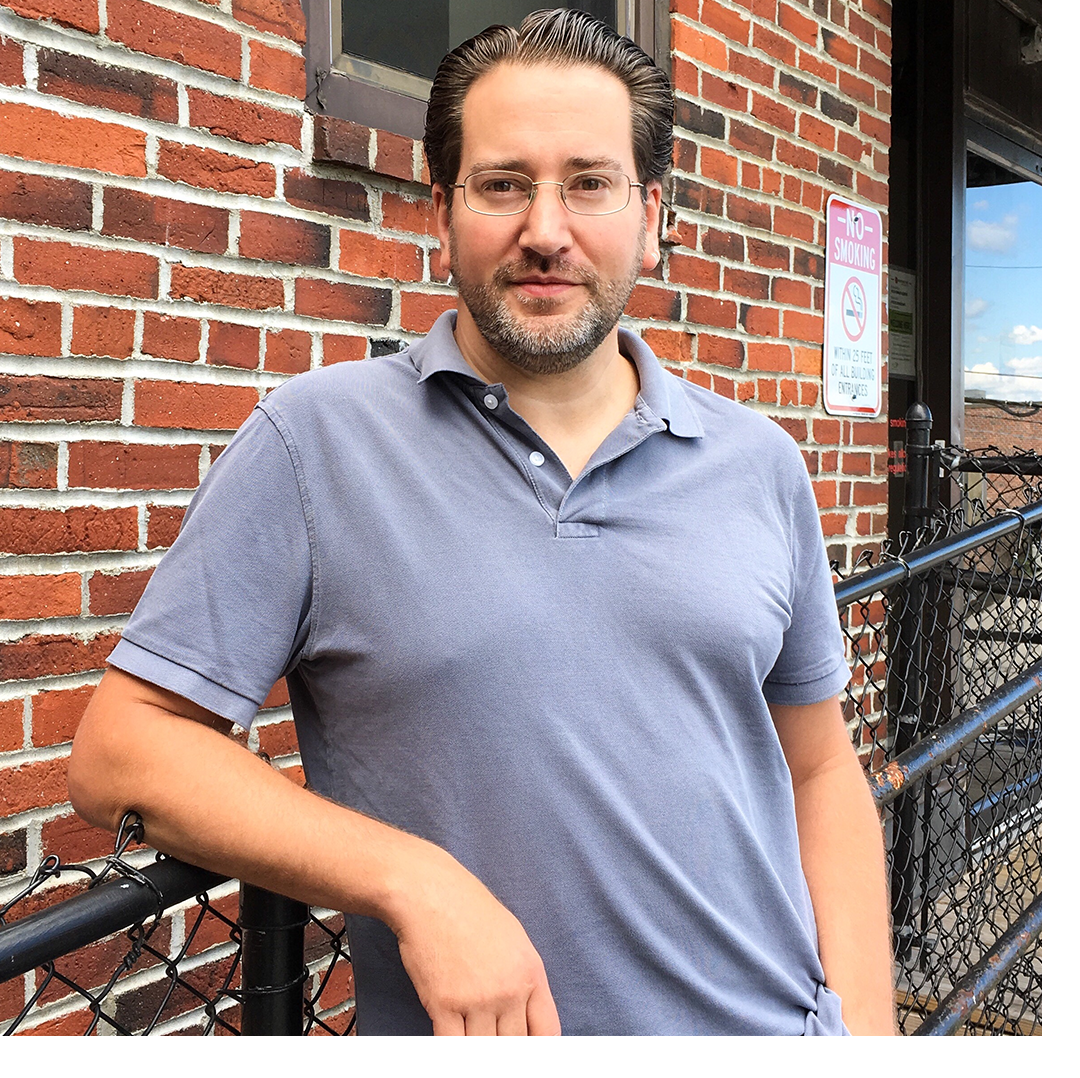
Spurwink recently started an Opioid Health Home, a medication assisted treatment program for individuals with an opioid use disorder. We sat down with Ben Strick, Spurwink’s Director of Adult Behavioral Health, to find out more about the program and what Spurwink is doing to address the opioid crisis in Maine.
I: What is an Opioid Health Home?
B: Great question! An Opioid Health Home, or OHH, is a comprehensive community-based program for individuals struggling with opioid misuse. The word “home” can be confusing for some people. It might be easier to think of OHH as a “home base;” just like your primary care provider is your physical health home base. There are different levels of OHHs offered by different providers across Maine. Spurwink’s OHH includes medication assisted treatment, outpatient therapy, and comprehensive case management/care coordination.
I: I’ve heard the term medication assisted treatment a lot lately. What does it mean?
B: Medication assisted treatment, or MAT, refers to a group of medications that can be helpful for people struggling with a substance use disorder. For individuals struggling with opioid use disorders it often refers to medications like methadone or buprenorphine, and naloxone. In OHH we use a medication called Suboxone that combines buprenorphine and naloxone. It is a safe, effective, and life saving medication. Unlike some other medications, Suboxone is very hard to misuse or overdose on, and it can be taken home.
The term MAT is actually a little bit silly. If you think about diabetes as an example, we’d never say a person is taking blood sugar assisted treatment or pancreas assisted treatment. For substance use disorders, separating medication assisted treatment from non-medication assisted treatment is stigmatizing. There is still an unfortunate misperception that medication is a crutch and people taking medication aren’t in “real recovery.” We’d never ask a person with insulin dependent diabetes to manage their blood sugar without medication. Why is it different for substance use disorders?
I: What makes Spurwink’s program different and unique?
B: We are community based: Therapy is part of the program, but what that therapy looks like is totally up to the client. People can come to groups, or we can meet individually in the office, at a person’s home, in a coffee shop, or on a park bench. A person’s counselor is also their case manager. Each client has one person they can rely on to comprehensively help meet their needs.
We are fully co-occurring capable: Many people struggling with opioid misuse also have other mental health needs. All of our providers can prescribe Suboxone and psychotropic (mental health) medications. Clients shouldn’t have to go to two different prescribers to meet their medication needs.
We are low barrier: Suboxone has typically been reserved for people in stable living situations. SABH has a long history of helping people with complex needs. We have the structures and supports in place that will allow us to serve people who have traditionally been unable to access Suboxone; and we are easy to access in downtown Portland.
I: How does a person make a referral?
B: That’s easy! Call 871-1200 and ask for the LINK. They’ll set you up and we’ll get you in as quickly as possible!
